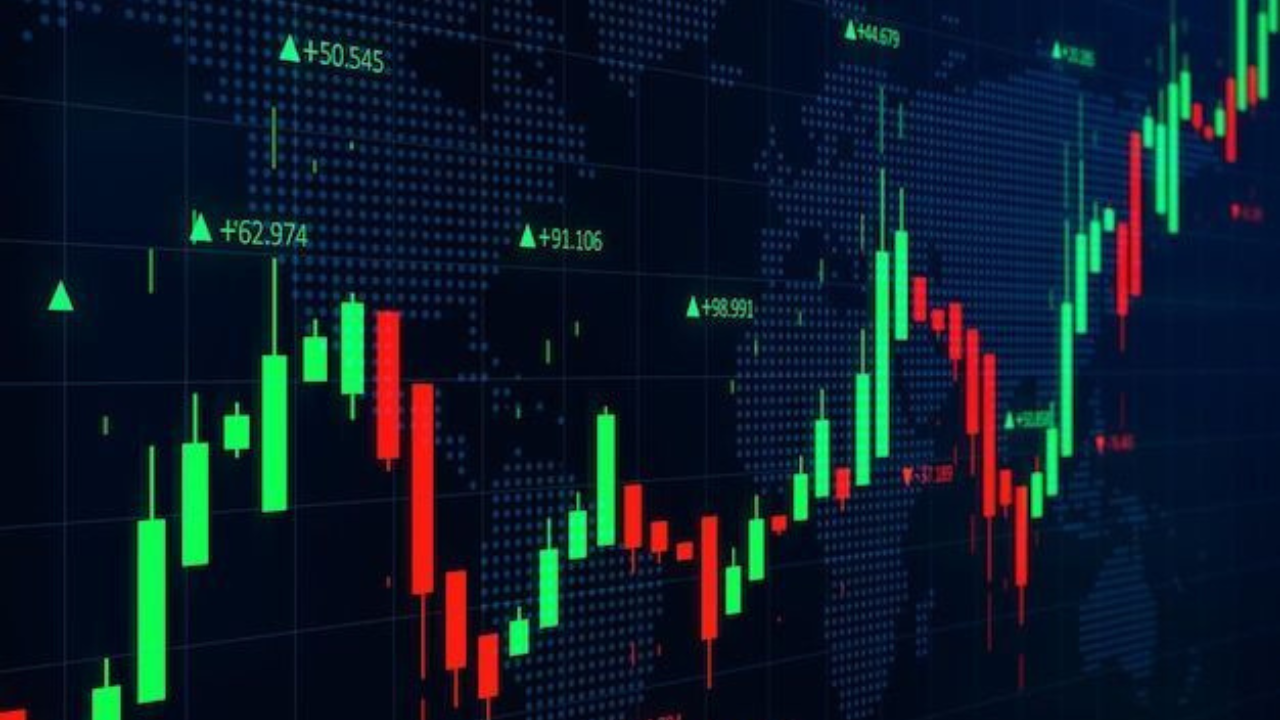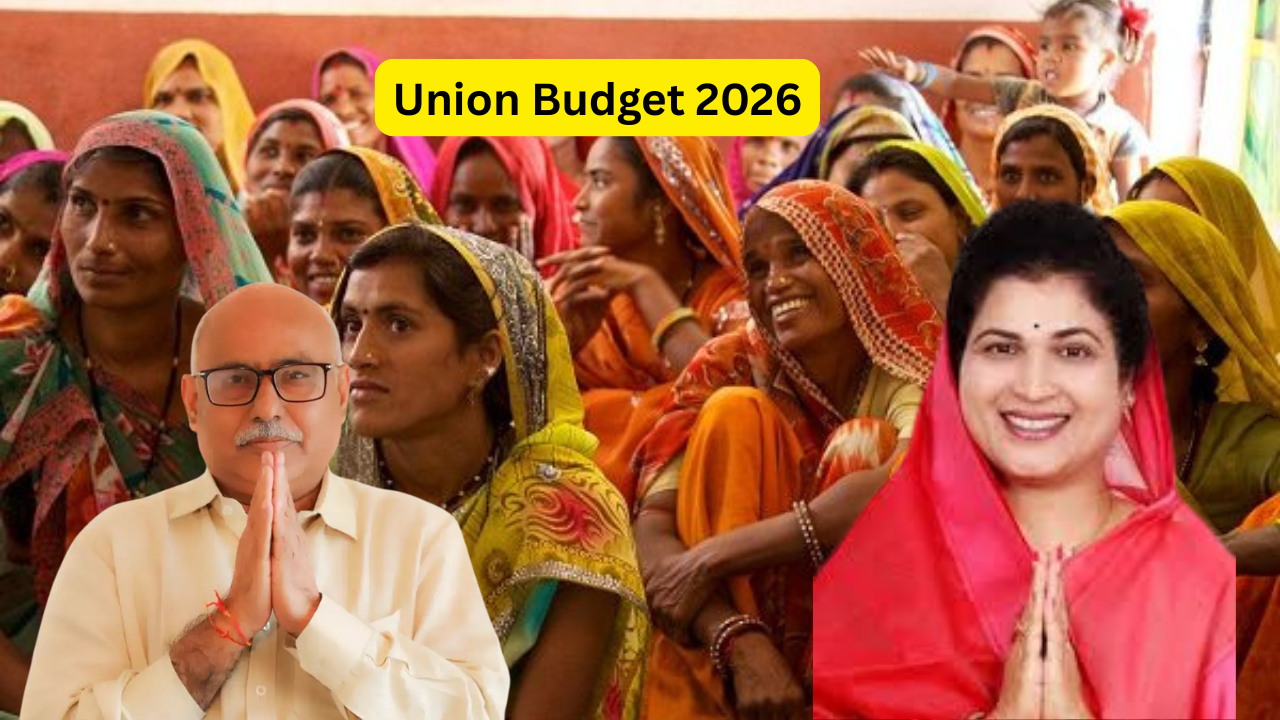In recent conversations between the Department of Financial Services and insurance players, it was brought up that insurance penetration needs rapid-fire scaling up to achieve “ insurance for all ”.
The Finance Ministry has called for conversations to set up a healthcare sector controller to organise, standardise and regulate hospitals under the insurance programme, The Indian Express has learnt. In recent conversations between the Department of Financial Services and insurance players, it was brought up that insurance penetration needs rapid-fire scaling up to achieve “ insurance for all ”.
“ In the case of health insurance, there appears to be a need for establishing a Health Regulator for achieving this thing, ” said DFS Secretary Vivek Joshi in a letter to the Department of Health and Family Welfare, it’s learnt.
“ The ongoing sweats of the National Health Authority of erecting the National Health Exchange( NHA) have been ate by the insurance assiduity. A Health Regulator would play a vital part in icing that this digital metamorphosis aligns with the effectiveness of the providers ’ ecosystem, ” Joshi is learnt to have said in the letter to Sudhansh Pant, Secretary( H&FW), Department of Health and Family Welfare.
“ I request you to initiate a meeting of the General Insurance Council — the apex body of all general insurance companies — on with the elderly directors of leading insurance companies, National Health Authority and Department of Financial Services to explore the possibility of setting up a Health Regulator so that health insurance can be made more affordable and ubiquitous, ” Joshi is learnt to have written.
A joint working group of the Insurance Regulatory and Development Authority( IRDAI) and National Health Authority proposed a common sanitarium registry, empanelment process, grading of hospitals and package cost harmonisation to promote the standardisation and effective utilisation of health structure under the insurance programme.
Insurance companies and hospitals follow different barometers for health insurance and there’s no uniformity in the cost structure. Over 40 crore people still do n’t have health insurance content.
According to assiduity spectators, however there’s an critical need for a health controller to supervise and regulate Indian hospitals along with other issues, the government ca n’t by itself establish one like the Reserve Bank of India, SEBI or IRDAI. Health, for legislative purposes, is a State subject.
“ It’ll bear moving healthcare to Concurrent List from the State List and would involve some Administrative procedures, ” an assiduity expert said. Indian insurers in the health insurance business want a health controller to insure an orderly functioning of hospitals which play a crucial part in servicing a health policy. There’s a constant hassle between hospitals and insurers on numerous issues particularly on arbitrary charges, which inflate claims and push up decorations.
IRDAI had earlier said either they should be allowed to regulate hospitals or a separate controller should be introduced. It’s necessary to regulate hospitals to cover the public against nonstop increase in health insurance decorations, officers said.
IRDAI had said that as an insurance controller, it’s only regulating only one portion of the health services sector — only the insurers and TPAs( third party directors) but on the other end, there are hospitals that aren’t regulated.
Meanwhile, insurers, prodded by IRDAI, are preparing to apply changes paving the way for a 100 per cent cashless payment arrangement in the health insurance member which needs a robust technological platform and a deeper collaboration with all the stakeholders of the civil healthcare sector involving hospitals, croakers and druggists.
The new system of cashless payment, piecemeal from demanding a technological platform, also needs a lot of standardisation of rates, services and empanelment of further hospitals to cover every niche and corner of the country. Insurers say this ca n’t be without a health controller. After the epidemic, the health insurance sector is growing at a important faster clip and has surfaced as the largest portfolio in the assiduity. Health portfolio of the assiduity grew 23 per cent to Rs 90,667 crore, contributing nearly 35 per cent( 33 per cent in FY 22) of the assiduity’s decoration kitty in FY 23. presently, healthcare schemes and private insurance have individual sanitarium empanelment processes, which replicate colorful conditioning and contribute to inefficiency and duplication of processes, said the Report of Network Hospital Management prepared by the joint working group of IRDAI and NHA.
The IRDAI- NHA group recommended that the private insurance assiduity should also borrow the invariant cost of packages. still, the IRDAI can come up with the guidelines on addition of fresh/ variable cost for implants and order of wards. Private insurance can design the products as per the invariant package cost and the fresh cost of implant and shield type. The insurance controller now wants general insurers to be part of the Health Exchange platform, which is being set up by the National Health Authority. The platform will digitise and simplify the process of form health insurance claims. The proposed process isn’t only quick and hassle-free but also reduces the cost per claim to the insurer. The policyholders and hospitals can track the claim status online and it also enables automatic fund transfer of the claim quantum.
Likewise, the policyholder will be suitable to give complete medical data to the sanitarium, track the claim status anytime and experience a briskly and hassle-free claim process. The move will be salutary for all the parties — insurers, hospitals and policyholders. Bima Sugam is considered a revolutionary step with intentions of getting the largest online request for insurance products and services which has not been rehearsed anywhere in the world. All insurance conditions, including those for life, health and general insurance( including motor and trip) will be met by Bima Sugam. There’s also a offer before the government and the controller for compound insurance licences which will enable an insurer to offer both life andnon-life products. India, which is the 10th largest insurance request in the world, is poised to be 6th largest insurance request in the world by 2032.
For further information visit at https://happenrecently.com/zepto/?amp=1















